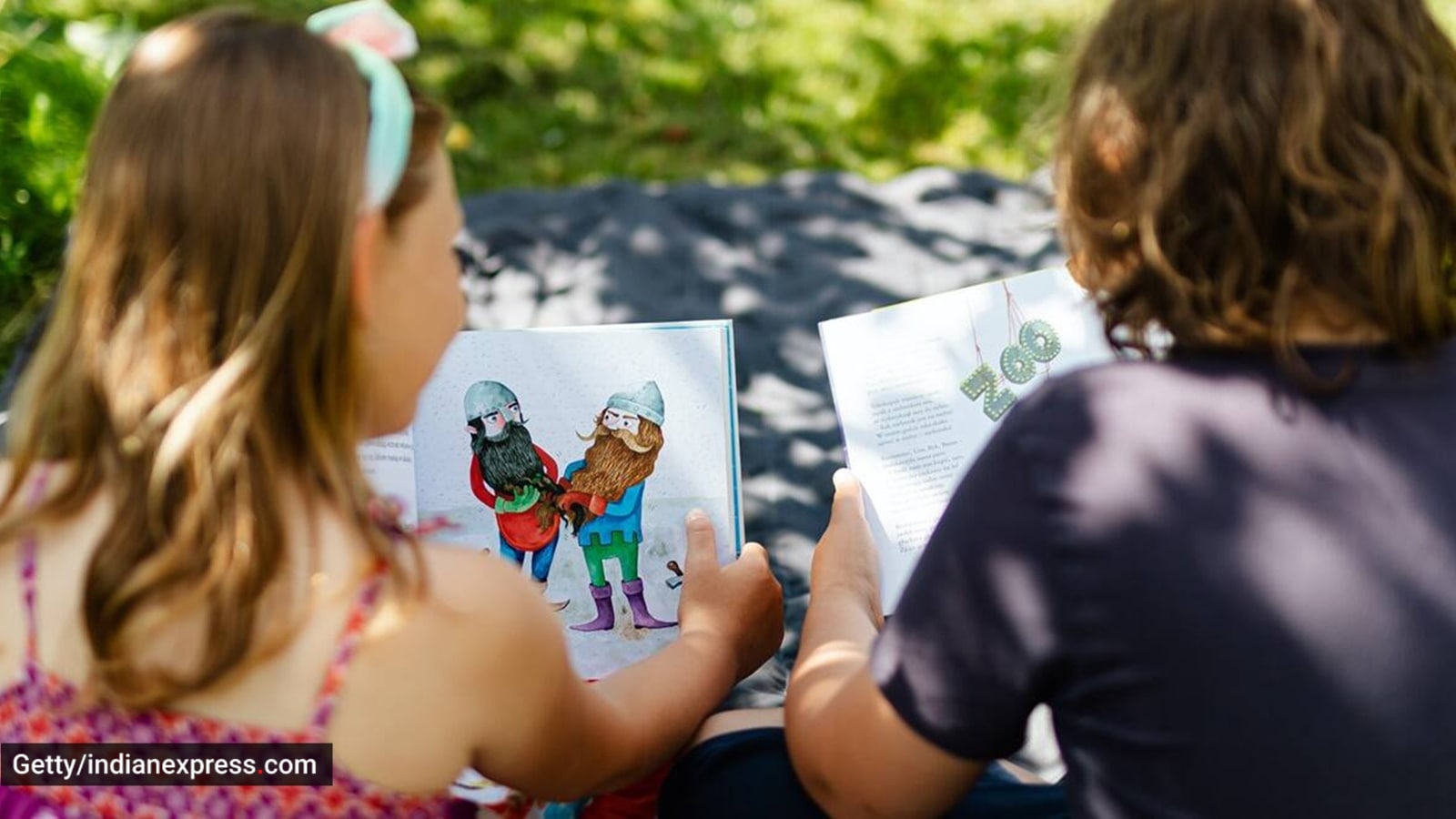Developing grit in teenagers: Why it matters more than ever
Grit isn’t about perfection, it’s about persistence and progress.
 Let teenagers experience disappointment and frustration (Photo: Freepik)
Let teenagers experience disappointment and frustration (Photo: Freepik)In an era of instant gratification, social media comparison, and rising academic and social pressures, one trait can truly anchor a teenager’s path toward well-being and success: grit.
For teens, grit can look like continuing to practice a sport after repeated losses, studying diligently for a subject they struggle with, or committing to a creative project despite criticism or slow progress. Grit isn’t about perfection, it’s about persistence and progress.
Amid shifting identities and mounting pressure, grit gives teenagers the resilience to face challenges head-on and bounce back from failure. So, how can parents help nurture this quality?
Build grit by encouraging growth, not rescue
Let teenagers experience disappointment and frustration. Don’t rush to rescue them. Instead, help them name their feelings, process setbacks, and explore next steps.
Ask reflective questions like: “What did you learn from this?” or “What might you try differently next time?”
Encourage calculated risks, whether it’s trying out for a team, joining a new club, or speaking in public. Let them stretch their comfort zone without fear of judgment or shame.
Parent through connection, not correction
There will be times when your teen gives up, sulks, procrastinates, or declares they “hate everything.” These moments are opportunities to parent through connection, not correction. Before responding, take a breath. Your teenager’s emotional outburst isn’t about you; it’s about them struggling with something they don’t yet have the tools to manage.
 Here’s what to note (Photo: Getty Images/Thinkstock)
Here’s what to note (Photo: Getty Images/Thinkstock)
The teenage brain, especially the prefrontal cortex (responsible for logic, planning, and impulse control), is still developing. So when your teenager melts down, what they need most is a steady adult who remains calm, someone who doesn’t give up on them, even when they’ve given up on themselves.
You can say, “Even if you quit this today, I still believe in you. You’re allowed to feel this way. And I’m right here.” This kind of reassurance lets teenagers know they can fail without losing your love. Ironically, it’s often this unconditional support that gives them the strength to try again.
Grit isn’t something teens are born with, it’s built over time, in moments of struggle, reflection, and resilience. And when parents choose connection over correction, they help lay the foundation for that growth.
- 01
- 02
- 03
- 04
- 05































